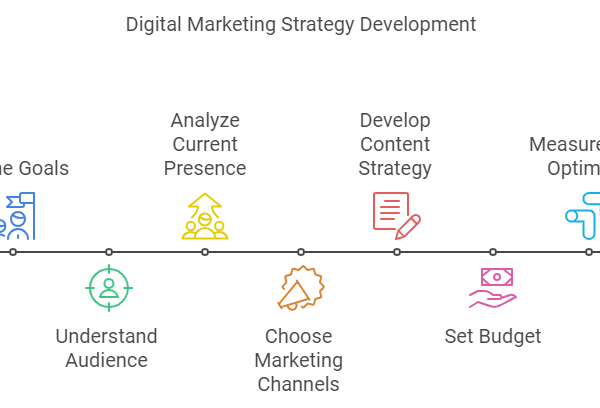
Writing is a craft, and every masterpiece begins with a blueprint. Just as architects meticulously plan and construct buildings, writers must carefully design their essays. Welcome to the realm of the Essay Architect, where we delve into the foundational elements that elevate writing from ordinary to extraordinary.
Understanding the Foundation: Clear Thesis Statements
A strong essay begins with a clear thesis statement, serving as the cornerstone of your argument. It succinctly encapsulates the main idea and sets the direction for your entire piece. Crafting an effective thesis requires precision and insight. It should be specific, debatable, and relevant to your topic. Without a solid foundation, your essay risks wandering aimlessly, lacking coherence and impact.
The importance of a clear and concise thesis statement cannot be overstated. It not only informs readers about the subject matter but also presents your stance or perspective on the topic. A strong thesis statement is specific, debatable, and relevant to the discussion at hand. It offers a clear viewpoint that invites engagement and debate, sparking curiosity and compelling readers to delve deeper into your analysis.
Constructing Solid Arguments
Building upon your thesis, solid arguments provide the framework for your essay. Each supporting point should reinforce your main idea, offering compelling evidence and logical reasoning. Whether you’re persuading, analyzing, or narrating, a well-constructed argument forms the backbone of persuasive writing.
Framing the Structure: Organizing Your Ideas
Just as a sturdy frame supports a house, a well-organized structure supports your essay’s content. The arrangement of ideas should follow a logical progression, guiding the reader seamlessly from one point to the next. Techniques such as outlining help you visualize the flow of your essay, ensuring coherence and readability.
Layering with Detail and Description
To breathe life into your writing, incorporate rich detail and vivid description. Paint a vivid picture with words, engaging the reader’s senses and emotions. Whether you’re describing a scene, elucidating a concept, or evoking a mood, precision and clarity are paramount.
Incorporating Counterarguments
Acknowledging opposing viewpoints adds depth and credibility to your argument. By anticipating and addressing counterarguments, you demonstrate intellectual honesty and strengthen your position. Engage in thoughtful dialogue, inviting readers to consider alternative perspectives while reaffirming the validity of your stance.
Polishing Your Work: Revising and Editing
Revision is the essence of refinement, especially when seeking writing essay help. As you revisit your essay, scrutinize every word and sentence for clarity and coherence. Revise for structure, grammar, and style, refining your prose until it shines. Embrace the editing process as an opportunity for growth, honing your craft with each iteration.
Conclusion: Reflecting on the Essay Architect
In the journey of writing, the Essay Architect serves as your guide, imparting the principles and techniques essential for exceptional writing. With a clear thesis, robust arguments, thoughtful organization, vivid detail, consideration of counterarguments, and meticulous revision, you construct essays that resonate with depth and clarity.
FAQ’S
- How do I develop a compelling thesis statement?
- Crafting a compelling thesis statement involves identifying the main argument of your essay and presenting it clearly and concisely. Start by brainstorming ideas and narrowing down your focus to a specific topic. Your thesis should be debatable and provide direction for the rest of your writing.
- What strategies can I use to organize my essay effectively?
- Effective organization is key to a well-structured essay. Consider using techniques such as outlining, brainstorming, or creating mind maps to organize your ideas before you start writing. Group related points together and ensure a logical flow from one paragraph to the next.
- Why is it important to consider counterarguments in my writing?
- Acknowledging and addressing counterarguments demonstrates your understanding of the topic and enhances the credibility of your argument. It shows that you have considered alternative perspectives and strengthens your position by preemptively responding to potential objections.
- How can I improve my editing skills?
- Improving editing skills requires practice and attention to detail. Start by reviewing your writing for grammar, punctuation, and spelling errors. Focus on clarity and coherence, and consider seeking feedback from peers or utilizing online resources and style guides to refine your editing process.
- What resources can help me enhance my writing craft?
- There are numerous resources available to help enhance your writing skills. Consider books on writing craft, online writing workshops or courses, writing communities or forums, and reputable writing blogs or websites. Additionally, reading widely and analyzing well-written essays and articles can provide valuable insights into effective writing techniques you must read.











